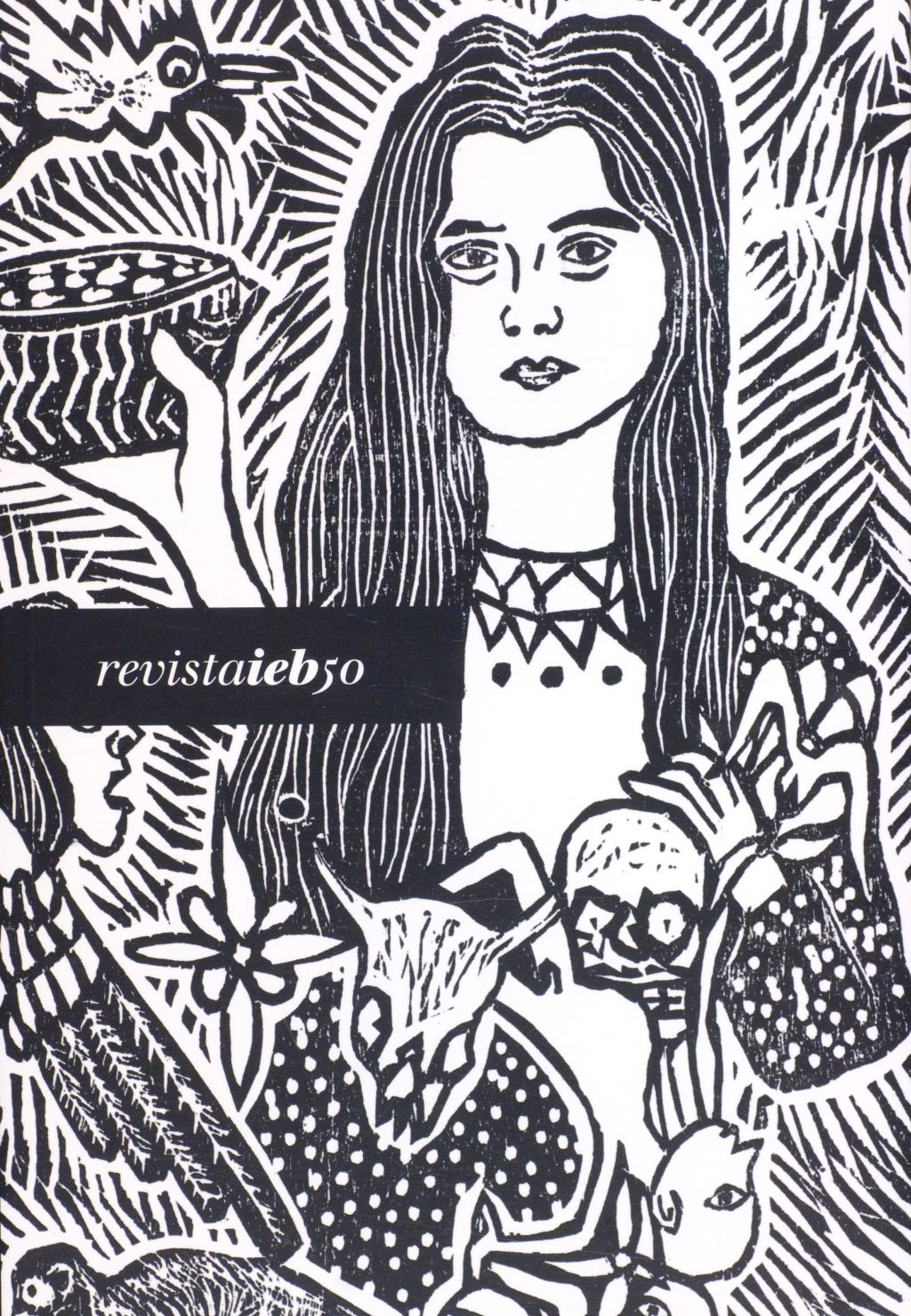Economics (and politics) of the modern
DOI:
https://doi.org/10.11606/issn.2316-901X.v0i50p13-25Keywords:
Modernism, avant-gardes, Gift, exchangeAbstract
In the analysis of the cultural exchange between modernist Brazil and avant-garde Europe, one must, in my view, always bear in mind a certain unilateralism of desire, constructing a fetish (a totem, in Freud's terminology used by Oswald de Andrade) of the absent and of the barred (of the taboo, to stay with the re-use of the Freudian vocabulary made by the Brazilian writer). This may either be incorporated through the cannibalistic act or remain in its latent state, that of an unreachable object, thus producing that melancholic fold throughout the 1920s (and stretching into the following decade), which, incidentally, blends with the 'euphorization' of absence and the exaltation of human admixture. The analysis is centered on contrasting the Oswaldian manifestos, defining the"economic" space of the Modern in its battles with the"political" construction of an authentically national culture.Downloads
Download data is not yet available.
Downloads
Published
2010-03-01
Issue
Section
Articles
License
- Todo o conteúdo do periódico, exceto onde está identificado, está licenciado sob uma Licença Creative Commons do tipo atribuição CC-BY.
How to Cite
Finazzi-Agrò, E. (2010). Economics (and politics) of the modern . Revista Do Instituto De Estudos Brasileiros, 50, 13-25. https://doi.org/10.11606/issn.2316-901X.v0i50p13-25



